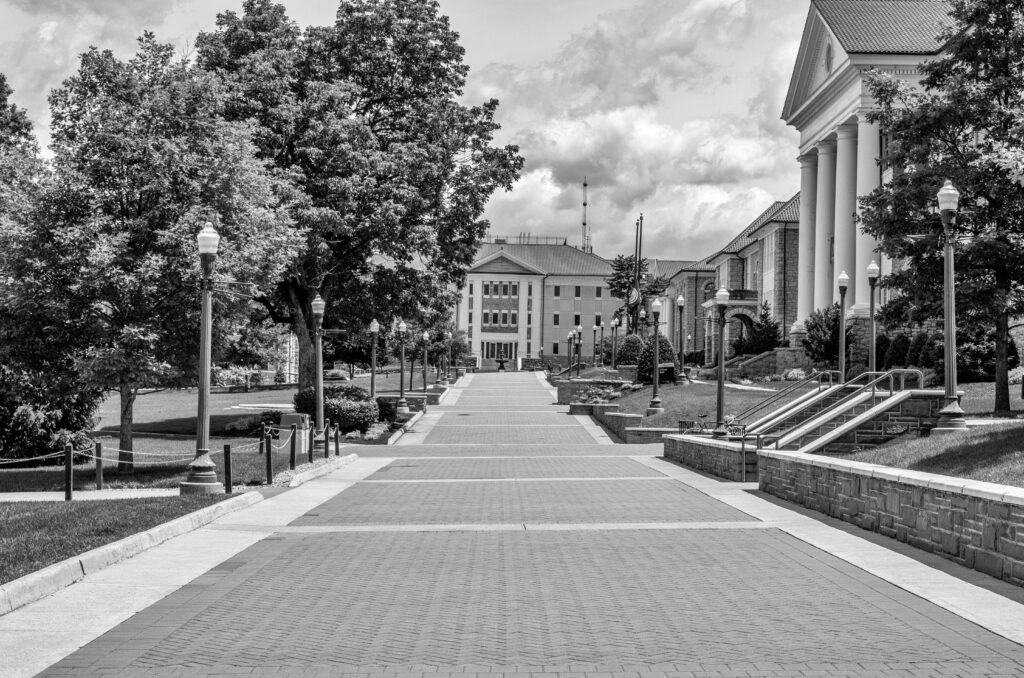
In times of crisis, communities can face challenges that test their resilience and capacity for recovery. Whether the crisis stems from natural disasters, economic downturns, public health emergencies, or social unrest, the impact on individuals and families can be profound and long-lasting. In such circumstances, there is a critical need for individuals who can not only respond to immediate needs but also facilitate long-term healing and reconstruction. Careers that focus on healing and rebuilding communities are essential in transforming crises into opportunities for growth, empowerment, and positive change.
Many careers dedicated to healing communities exist within fields such as social work, public health, counseling, education, and more. These professions require individuals who are not only skilled in their areas of expertise but also possess a deep understanding of human suffering and the means of providing assistance. Whether through direct support or policy advocacy, professionals in these fields are on the front lines, helping to restore dignity, stability, and hope.
Social Work: A Pillar of Support During Crisis
One of the most significant careers in community healing is social work. Social workers play an instrumental role in helping individuals navigate the aftermath of crises, offering both emotional and practical support. In the wake of disasters, for example, social workers are often among the first responders, assessing the needs of affected individuals and providing counseling, advocacy, and resource referrals. Their ability to connect people to essential services and help them cope with trauma is invaluable in the healing process.
To enter the field, many aspiring professionals pursue formal education to gain the specialized knowledge and clinical training required for success. Most candidates opt for affordable MSW programs that provide a comprehensive foundation in social work principles while remaining financially accessible. These programs prepare future social workers with the necessary skills in assessment, crisis intervention, and community-based recovery, enabling them to make a measurable difference in the lives of those impacted by adversity.
Public Health Professionals: Addressing Community Wellness
The field of public health offers numerous opportunities for careers that contribute to community healing, particularly during and after public health crises such as pandemics or widespread health emergencies. Public health professionals work at the intersection of science, policy, and community engagement to ensure that people have access to the necessary resources and information to maintain their health and well-being.
In times of crisis, public health professionals are essential for coordinating relief efforts, disseminating information, and ensuring that vulnerable populations receive the care they need. They may work in hospitals, community health centers, government agencies, or nonprofit organizations, directing efforts to prevent the spread of disease, provide vaccinations, or coordinate emergency healthcare services. Their role extends beyond the immediate response to a crisis, as they also work to address the long-term health consequences that may arise from these events, such as mental health disorders, substance abuse, and chronic illness.
The work of public health professionals is critical in ensuring that communities are not only recovering physically but are also equipped with the resources to thrive in the face of future challenges.
Counseling: Helping People Heal Emotionally
In times of crisis, emotional support is just as crucial as physical support. Counselors and therapists are vital for helping individuals cope with the emotional and psychological toll of crises. Whether working with survivors of natural disasters, victims of violence, or individuals facing economic hardship, mental health professionals provide a safe space for people to process their experiences and begin to heal.
Mental health counselors and therapists offer a variety of therapeutic interventions, including individual and group therapy, cognitive-behavioral therapy, and trauma-focused care. By offering a non-judgmental and supportive environment, counselors help individuals regain their sense of agency, rebuild their lives, and navigate the challenges that come with emotional and psychological healing.
In addition to traditional counseling settings, mental health professionals are often embedded within community organizations, schools, and hospitals, providing ongoing support to individuals who may not otherwise have access to care.
Education: Empowering the Next Generation
Education is another key avenue through which individuals can contribute to healing communities. Teachers and educators can impact the lives of young people in profound ways, particularly during times of crisis. In areas affected by economic hardship or social instability, education offers a pathway for individuals to escape poverty, gain new opportunities, and contribute positively to their communities.
Educators in crisis-affected areas may find themselves addressing the psychological needs of students, offering safe and supportive environments for learning, and helping students navigate the difficulties they may face both at school and at home. Teachers and school counselors may provide trauma-informed care, ensuring that students receive not only academic instruction but also the emotional support necessary to overcome personal challenges.
Nonprofit and Community-Based Organizations: Building a Network of Support
Nonprofit organizations and community-based groups play an essential role in community healing. These organizations often focus on specific needs within a community, such as providing food, shelter, legal assistance, or mental health services. They are often the first to respond during times of crisis, mobilizing resources and volunteers to address immediate needs.
Nonprofit leaders and volunteers may work alongside government agencies and other organizations to ensure that people receive the help they need. These individuals are often deeply connected to the communities they serve and bring a sense of compassion and understanding to their work.
Moving Forward: Transforming Crisis into Opportunity
Careers that focus on healing communities not only address the immediate aftermath of crises but also create pathways for long-term recovery and growth. Whether through direct support in the form of social work, counseling, or public health or through broader efforts in education and community-based initiatives, individuals in these fields are helping to transform crises into opportunities for rebuilding and renewal.
By dedicating their skills and expertise to supporting individuals and communities in need, these professionals contribute to a collective effort to create more resilient, compassionate, and empowered communities. Through their work, they provide hope and healing, ensuring that crises do not define the future but instead serve as a catalyst for growth and positive change.
SEE ALSO: Language Learning as a Lifelong Skill: Preparing College Students for Global Careers











